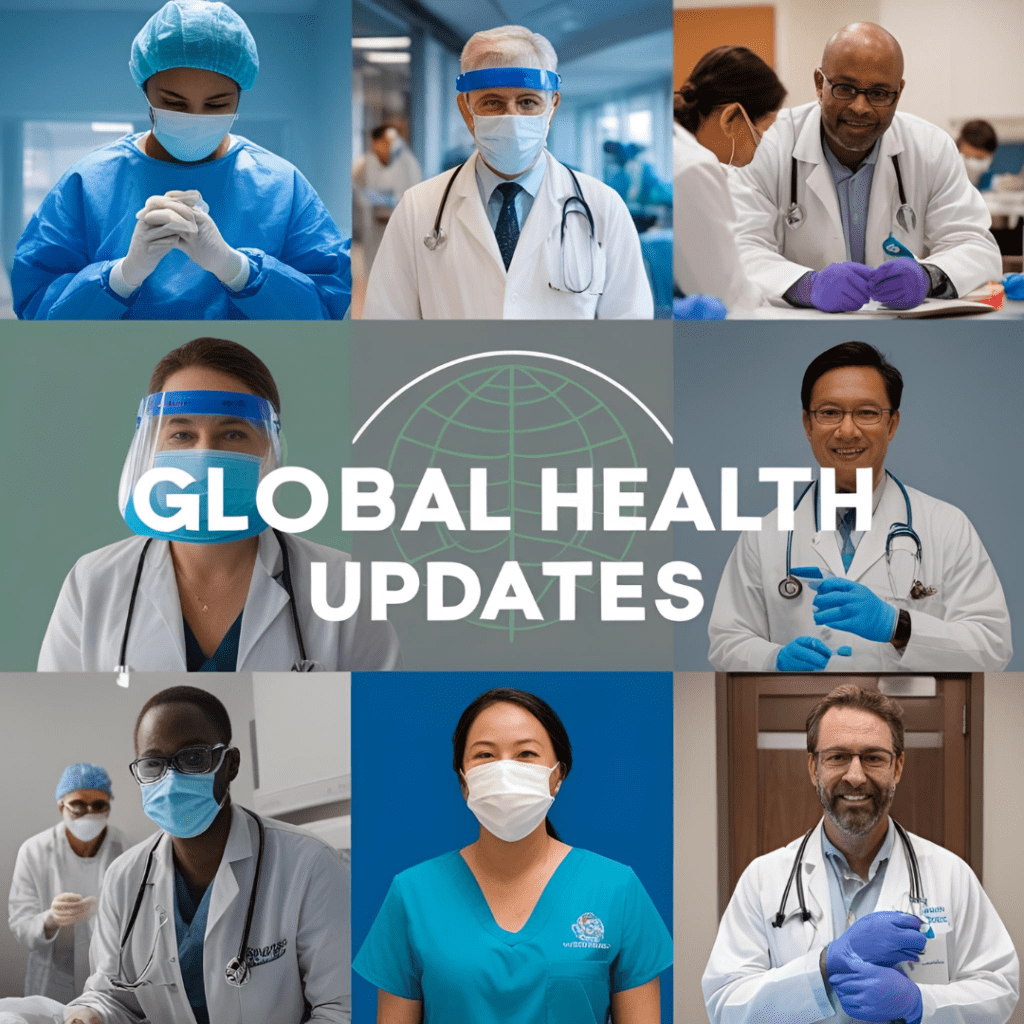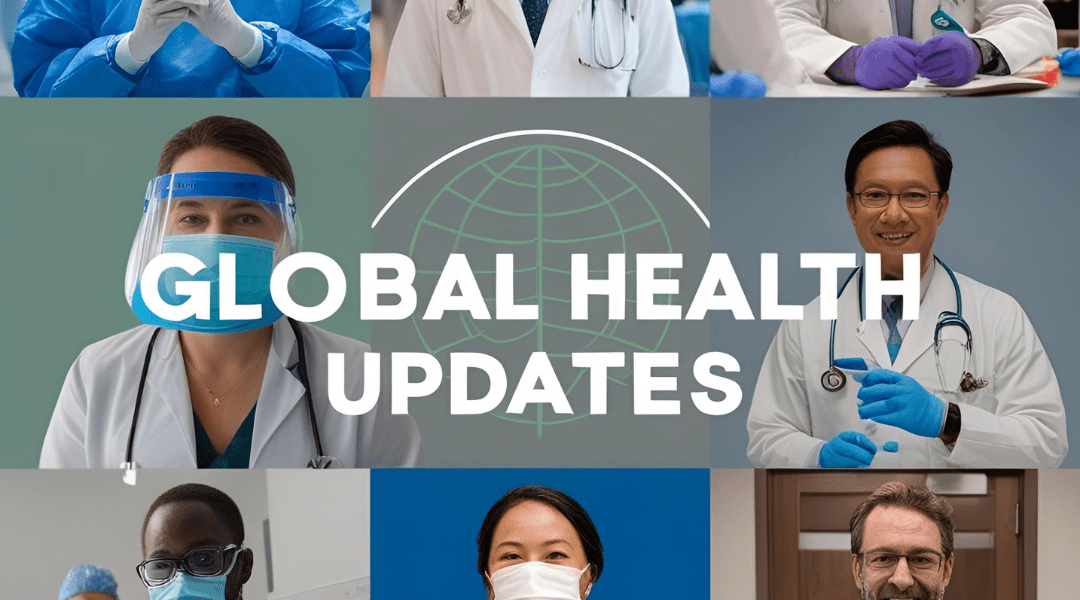Global Health Updates Post-Pandemic

The world has undergone a significant transformation since the COVID-19 pandemic, reshaping public health policies, medical research, and global cooperation. As nations adapt to the post-pandemic era, numerous challenges and advancements continue to shape the healthcare landscape. From vaccine developments to mental health awareness, here are some critical global health updates in the aftermath of the pandemic.
Vaccine Progress and Immunization Strategies
One of the most remarkable achievements during the pandemic was the rapid development of COVID-19 vaccines. The success of mRNA vaccines paved the way for accelerated research in various other infectious diseases. Pharmaceutical companies and researchers are now utilizing this technology to create vaccines for diseases such as HIV, malaria, and certain types of cancer.
Additionally, global immunization strategies have evolved. Governments and health organizations are working on booster shot campaigns, improving vaccine distribution in low-income countries, and developing next-generation vaccines with longer-lasting immunity. Organizations like the World Health Organization (WHO) and the Coalition for Epidemic Preparedness Innovations (CEPI) are prioritizing equitable vaccine access to prevent future outbreaks.
Strengthening Public Health Infrastructure
The pandemic exposed weaknesses in healthcare systems worldwide, leading to increased investment in public health infrastructure. Many countries have restructured their emergency response mechanisms, improved healthcare funding, and enhanced digital health services.
Telemedicine, for instance, has seen exponential growth, allowing patients to access healthcare remotely. AI-powered diagnostics and wearable health technology are becoming more common, enabling real-time monitoring and early detection of diseases. These advancements ensure that health systems are better equipped to handle future health crises.
Mental Health Awareness and Support
The mental health crisis exacerbated by the pandemic has led to a global shift in prioritizing psychological well-being. Lockdowns, social isolation, and economic hardships contributed to a surge in anxiety, depression, and stress-related disorders.
Governments and organizations have responded by increasing funding for mental health services, expanding access to therapy, and integrating mental health into primary care. Digital mental health platforms, mobile applications, and virtual therapy sessions have gained popularity, providing accessible support to millions of people. The importance of mental health is now recognized as a critical component of overall well-being.
Emerging Infectious Diseases and Preparedness
While COVID-19 dominated headlines, other infectious diseases have not ceased to pose threats. The post-pandemic world has seen renewed efforts in monitoring and preventing emerging infectious diseases, such as new strains of influenza, monkeypox, and antibiotic-resistant bacteria.
Health organizations have emphasized the need for global surveillance systems to detect and respond to potential outbreaks quickly. Enhanced genomic sequencing, AI-driven data analysis, and international collaboration are playing crucial roles in identifying and controlling new health threats before they escalate into pandemics.
Lifestyle Changes and Preventive Healthcare
The pandemic has significantly influenced lifestyle choices, leading to a greater focus on preventive healthcare. People are more conscious of their health, prioritizing fitness, nutrition, and stress management. The rise of wearable health devices, fitness tracking apps, and online wellness programs has made it easier for individuals to monitor their health and make informed decisions.
Governments and organizations are also encouraging healthier lifestyles through public health campaigns, workplace wellness initiatives, and urban planning strategies that promote physical activity. The goal is to reduce the burden of chronic diseases such as obesity, diabetes, and heart disease.
Global Cooperation and Policy Changes
International collaboration in health policy has strengthened due to the pandemic. Countries have recognized the need for shared resources, transparent communication, and joint research efforts. Organizations such as the WHO, the United Nations, and the G7 have focused on creating frameworks for coordinated global responses to health crises.
Moreover, there has been an increased emphasis on policies addressing health equity. Governments are working on reducing disparities in healthcare access, particularly for marginalized communities. Universal health coverage and affordable healthcare initiatives have gained momentum, aiming to ensure that quality healthcare is accessible to all.
Conclusion
The post-pandemic world is marked by a renewed focus on global health, innovation, and preparedness. While challenges remain, significant progress has been made in vaccine development, mental health awareness, healthcare infrastructure, and international cooperation. The lessons learned from COVID-19 continue to shape policies and advancements, ensuring that societies are better prepared for future health crises. As the world moves forward, sustained efforts in research, healthcare equity, and preventive measures will be essential in building a healthier, more resilient global community.




